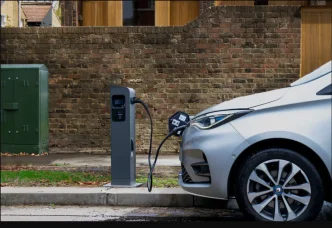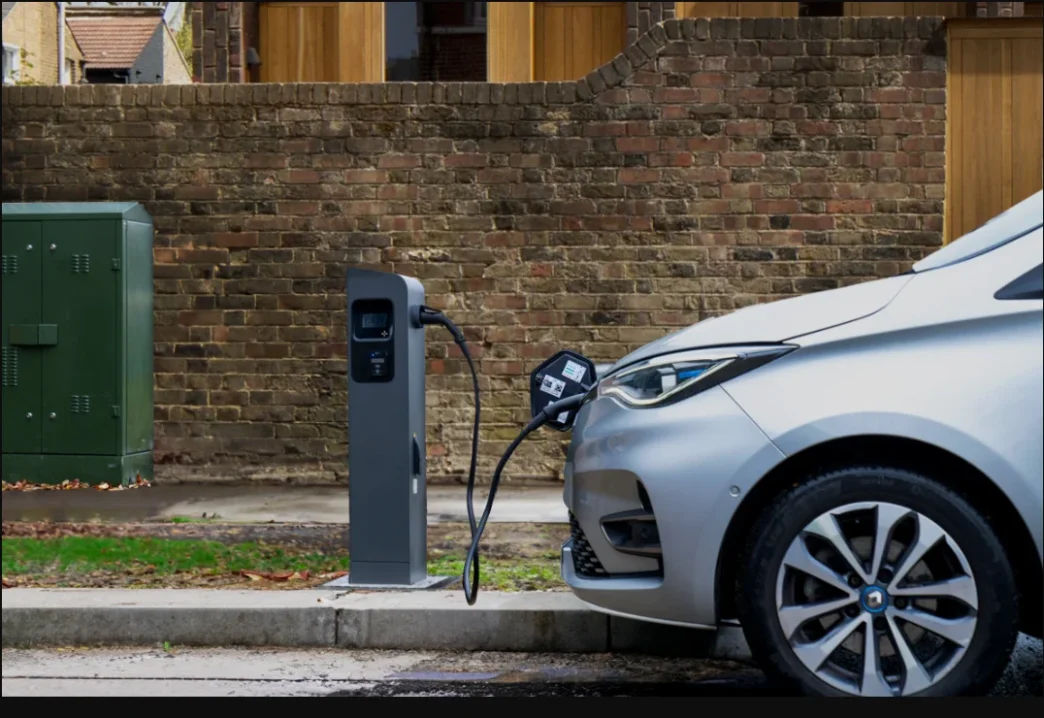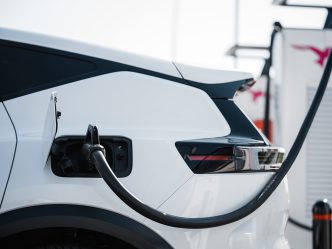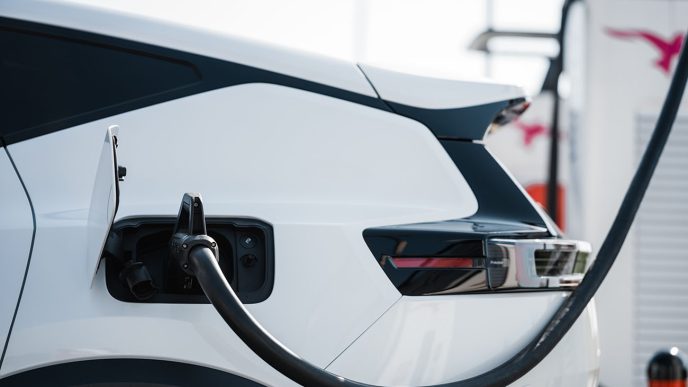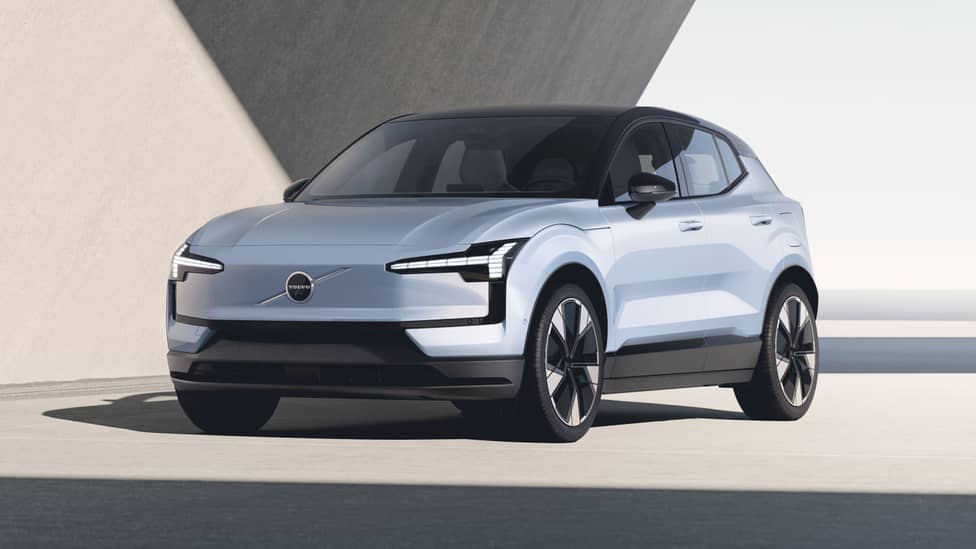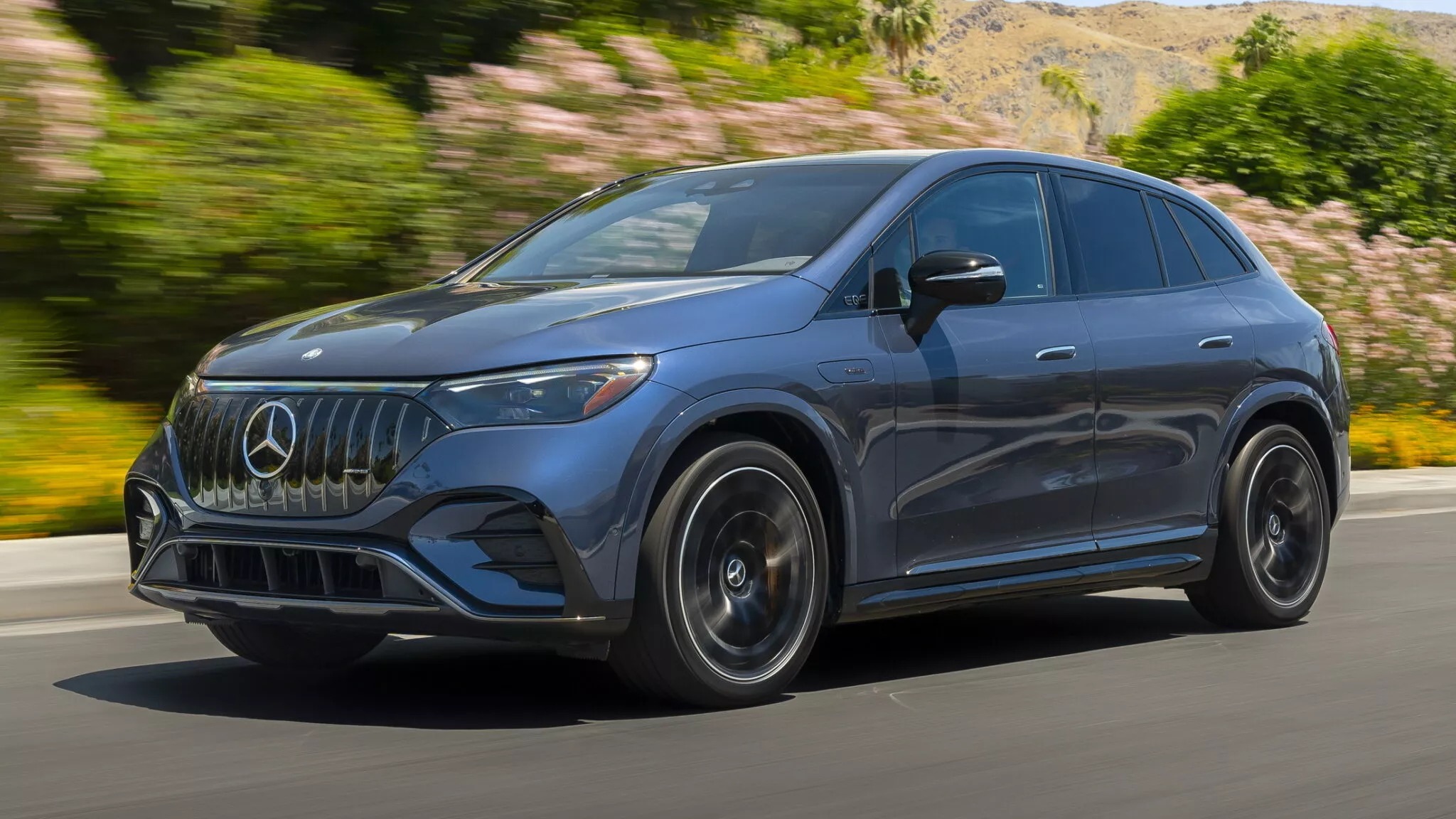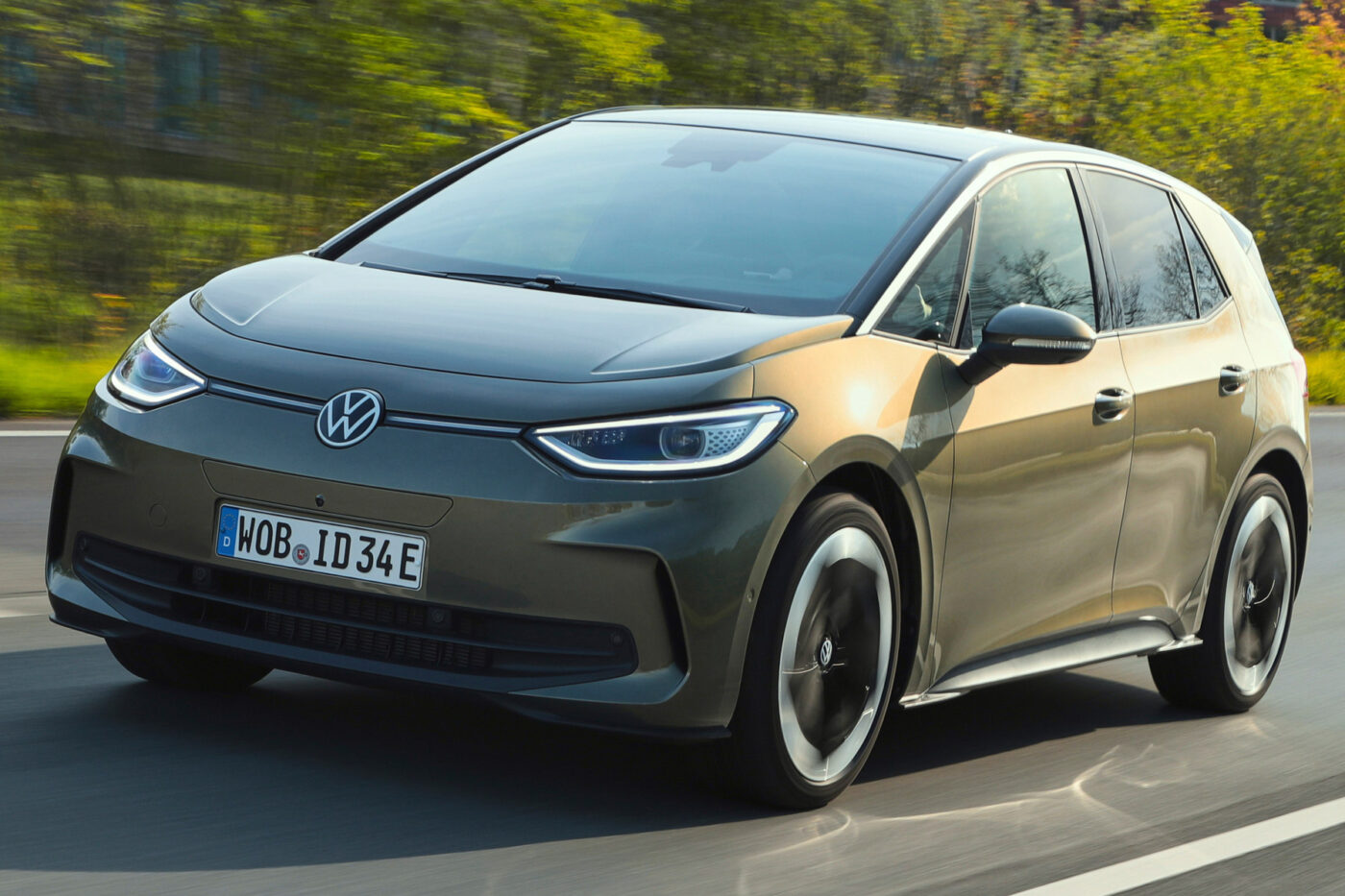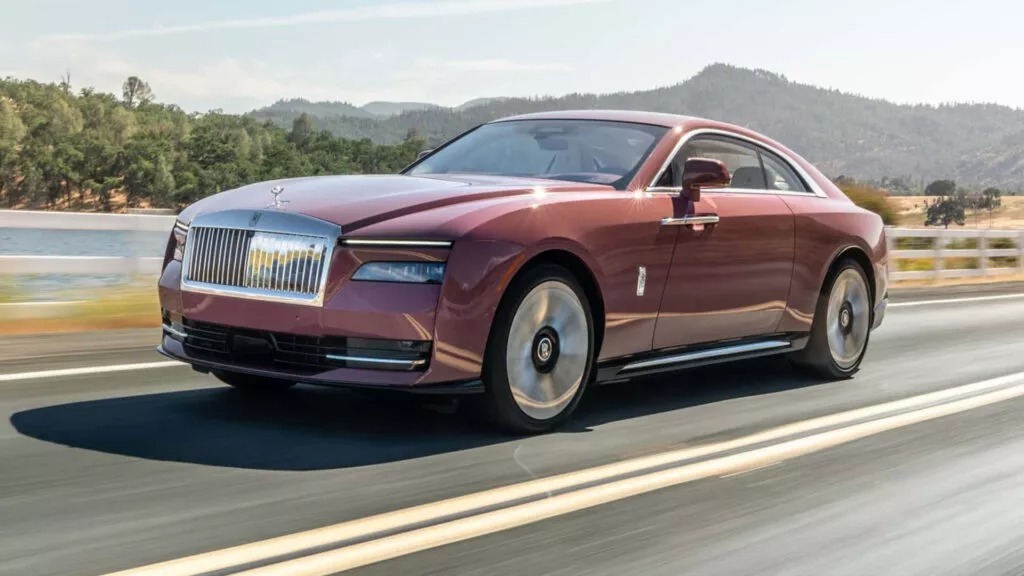Battery-electric vehicles (BEVs) made up 19.6% of the UK’s new car market in 2024, registering a total of 381,970 units sold. This represented an impressive increase of 21.4% from the previous year, as BEVs gained a stronger foothold in the market.
However, despite this growth, the segment still fell short of the 22% target set by the government’s mandate for electric vehicle sales. This marks the second consecutive year of growth for the UK EV market, as sales of BEVs and hybrid vehicles continue to rise, while traditional combustion engine vehicles, such as petrol and diesel cars, experienced significant declines.

December 2024 proved to be a pivotal month for the BEV segment, showing a remarkable 56.8% growth in sales compared to the same period in the previous year. A total of 43,656 BEVs were sold in the final month of the year, signaling a growing demand for fully electric vehicles. In contrast, the sales of diesel cars plummeted by 27.4%, and petrol-powered vehicles saw a decline of 20.9%. However, hybrid electric vehicles (HEVs) experienced a slight uptick in sales, increasing by 1% compared to the average for the year. On the other hand, plug-in hybrid vehicles (PHEVs) underperformed, with sales down by nearly 15% compared to the rest of 2024.
The growth of BEVs has been attributed to a shift away from traditional combustion engine vehicles, with the only combustion segment showing growth being HEVs. Overall, the BEV and PHEV segments together grew by 39.7%, or 49.3% when HEVs are included, while diesel and petrol vehicles collectively saw a market share decline of 18%. This shift highlights the accelerating transition towards electrification, although the private car market remains a challenge for further growth.

The significant increase in BEV sales was largely driven by fleet purchases, which rose by 11.8% in 2024, making up 59.6% of new car registrations for the year. This shift towards fleet purchases has helped sustain the market, but the private car sector saw a decline of 8.7% in new registrations, marking a worrying trend. The Society of Motor Manufacturers and Traders (SMMT) pointed out that private sales were lower than they were in 2020, when social distancing restrictions had a temporary impact on the market due to the pandemic.
In terms of model popularity, the Ford Puma emerged as the top-selling vehicle in the UK for 2024, with 48,340 units sold, but the Tesla Model Y was the most popular BEV for the year, solidifying its dominance in the electric vehicle market. The Model Y accounted for the largest share of BEV sales, with 32,862 units sold throughout the year, making it the highest-selling BEV in the UK. Interestingly, the Model Y was the top seller in December 2024, with 5,165 units registered, while the Ford Puma ranked fifth with only 2,802 units registered in the same month. This discrepancy highlights the growing interest in BEVs, particularly the Tesla Model Y, which continues to lead the BEV segment despite not being the top-selling model overall in 2024.

Despite the impressive growth in the BEV sector, SMMT expressed concerns about the sustainability of the market’s trajectory, particularly in the private consumer segment. The reliance on fleet sales to buoy the overall market is not considered a sustainable long-term solution. SMMT has called for more government action to stimulate private demand for BEVs, including enhancing incentives and supporting the development of a reliable, affordable, and widespread charging infrastructure network across the country. The SMMT believes that without urgent regulatory reviews and substantial consumer support, the future of automotive investments, including jobs and the UK’s ambitions for net-zero emissions, could be at risk.
Mike Hawes, Chief Executive of SMMT, emphasized the need for faster progress from regulators and called for stronger support for consumers in the transition to electric vehicles. He warned that the generous incentives and billions invested by manufacturers to develop new models are unsustainable unless further action is taken to support private consumers and the industry’s long-term viability. The continued growth of the BEV market is vital to achieving the UK’s decarbonization goals, but this can only be achieved with strong policy measures and comprehensive infrastructure development that supports widespread adoption of electric vehicles across the UK.
Credit: smmt.co.uk

